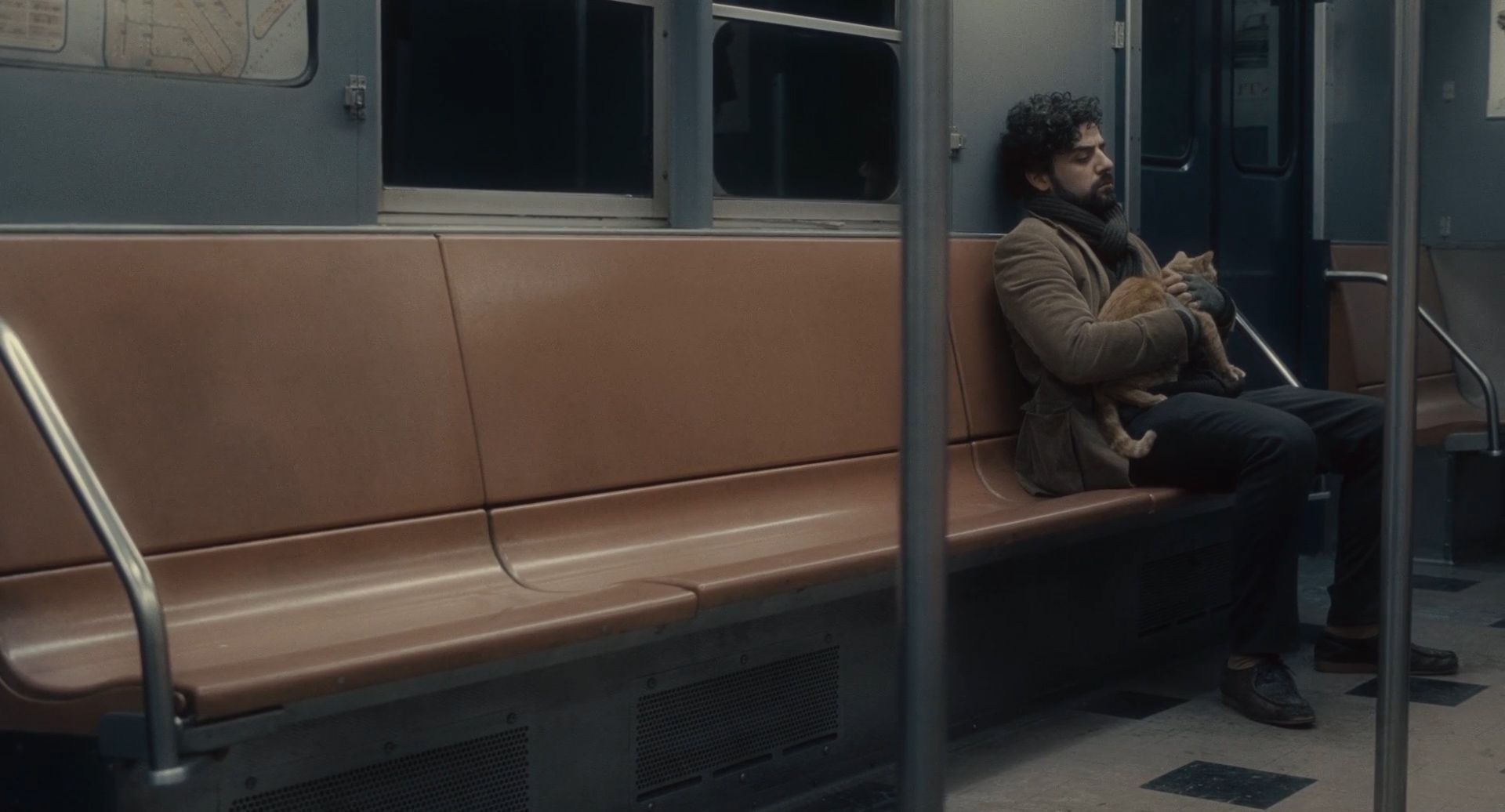Have you ever tried scraping melted candle wax off a wooden table? That’s what waking up has felt like for the past 30 years. A slow, reluctant start—like a diesel engine coughing to life. It grunts, groans, maybe swears, and eventually settles into a low, persistent hum that lasts all day.
Living with undiagnosed mental health issues is like playing life on nightmare mode—with the wrong controls and no tutorial. You know something’s wrong but can’t quite name it. So, you try to label it with whatever vocabulary the Internet hands you. Feels like every nerve ending is on fire? Must be anxiety. Mood swings? Probably anxiety again. Can’t get out of bed? Depression, obviously. Losing interest 10 minutes in? Undiagnosed ADHD, maybe.

The problem with us millennials is that we’re too self-aware. Too online. Too therapised. We diagnose, meme, and mood-board our dysfunction into something aesthetic. We don’t treat the fire—we rebrand it as a vibe.
It took me a while to realise something was wrong. I didn’t know I had anxiety until TV shows started diagnosing me. Twitching eyelids, chewed-up nails—that’s what it’s supposed to look like, right? No one tells you how it actually feels. It's like running ten tabs on a dusty old laptop. One’s autoplaying a Spotify ad, another’s buffering a Fincher video essay, one’s frozen on a meme you don’t even find funny anymore. It’s noisy, scattered, lagging. Or maybe it’s like being Professor X with Cerebro—except you’ve still got hair, and there’s no way to take the helmet off.

Same with depression. I knew I wasn’t supposed to feel like an overcast day inside most of the time. Pop culture made it look dramatic—crying on the floor, sad indie montages. No one tells you how specific it is, how quiet. Mine didn’t feel tragic. It just felt…flat. Then, out of nowhere, I’d have bursts of joy. I’d cook elaborate meals, reconnect with old friends, make spontaneous plans. And just as quickly, the pendulum would swing. I'd crash. Feel like I haven’t done anything with my life. Like I didn’t deserve to be here. My brain would casually drop in an image of how a heavy metal gun would feel inside my mouth, before getting distracted by the logistics of finding one in India.
Eventually, it started bleeding into my relationships. Partners said I was being hot and cold—intense some days, maybe too intense. Then I’d disappear. Work mirrored it. One day, I felt like the best features writer in the country. The next, I questioned whether I even knew English.

Funnily enough, the reactions from my male friends couldn’t have been more different. The economically stretched ones told me to “shut up and get over it—everyone’s a bit bummed”. My woke friends—or as I like to call them, my economically cushioned friends—gently suggested I might be bipolar. I scoffed.
I’d always imagined bipolar disorder as some wild seesaw between buying yachts and locking yourself in a closet. But my highs weren’t dangerous. Just fast. Euphoric. Like I’d finally hacked life. Until everything turned.
It started like one of the good days. I’d barely slept, but didn’t feel tired. I’d been riding this weird, weightless energy—nothing too wild, just sharper, faster. My thoughts were coming together quickly. Started a new project, made plans I didn’t write down but somehow thought I’d remember. I was talkative. More confident than usual. I felt clear. Focused. Like things were finally moving.

My partner was getting ready for work, humming something. Morning light filled the room. I stood by the window with my coffee, already listing out everything I’d get done that day. Then, out of nowhere, something shifted.
There was no build-up. No warning. Just a slow, heavy drop.
My body suddenly felt wrong. Like gravity had changed. I sat down on the bed, then lay back, because I couldn’t hold myself up anymore. It wasn’t sadness, not yet. Just emptiness. Like something had drained out of me too fast. My chest felt tight. My limbs heavy. I didn’t want to move. My brain, which had been buzzing just minutes ago, went thick and scrambled. The energy disappeared and left nothing in its place.
I couldn’t explain what was happening. I couldn’t even speak properly. I just shut down. My partner asked if I was okay. I nodded. I wasn’t. But I didn’t know how to say it.
The next few hours passed in silence. I called off everything I had planned. I stayed in bed. I didn’t cry. I didn’t think. I just lay there, like something important had gone missing. No reason. No trigger. Just the other side of something I didn’t sign up for.
This wasn’t burnout. This was the swing. One moment I was up, productive, borderline euphoric. The next, I was done. Like someone flicked a switch I couldn’t find. It happens like that sometimes. That’s the part people don’t see.

After 29 years and 10 months, on 31 December 2024, I decided to stop running in circles. I opted for psychiatric treatment. Medication. A very underwhelming start.
Therapy, I expected. Psychiatry threw me off. Was I supposed to feel like Tony Soprano? Recount tales from my not-so-gritty past—cushy job, mild regrets—and walk out with a prescription? Naturally, my anxiety about being diagnosed with anxiety and a cocktail of conditions was through the roof. I even tried to break the ice.
“My watch said I’d been at 120 bpm for a while before this.”
He didn’t laugh.

Before all this, I tried dealing with it the way most men do: bury it deep enough that it forgets how to crawl out, or attempt a half-sincere conversation with another man—usually drunk. The first gave me a panic attack. The second reminded me why therapy never felt like a “guy thing.” Most men don’t know how to listen. Myself included.
To be fair, my friends weren’t spouting boomer slogans about “toughing it out.” But they offered solutions I hadn’t asked for. Fixes. Advice. Distractions. Anything but space. So, I did what I’d always done. Nothing.
And hence, there I was, sitting across from a psychiatrist, carrying three decades’ worth of unprocessed chaos, trying to condense it into thirty minutes. It wasn’t dramatic. It felt like going to the dentist. I listed symptoms. He made notes. No deep dive into childhood, no grand revelations. Half an hour later, I walked out with a prescription and a follow-up appointment.
That was five months ago. Since then, I’ve been on various combinations of SSRIs and meds, playing a weekly game of biochemical trial-and-error. We’ve found the right dosage. Weekly visits have become monthly. It’s been...good.

Not perfect. Not magical. Just quieter.
It’s not that I’ve stopped feeling bad. I just don’t feel as bad. The volume’s down from 11 to 5. Still there, still buzzing. But manageable.
I had two non-negotiables, which I told my psychiatrist upfront:
- The meds couldn’t kill my creativity.
- And I didn’t want to be on them forever.
He understood. We’ve got a tapering plan in place.
And the creativity? Still there. If anything, clearer. I can feel without combusting. It’s been a relief for me, and for the people I work with. There are side effects, of course. Some predictable. Some...unexpectedly revealing. I’m less sexual. Not numb. Just less consumed. That aching, gaping hunger I used to medicate with sex? Still there. Just...quieter. Less in control.

There’s still a long way to go. I’m not “healed.” I’m not “fixed.” I haven’t completed some pastel-filtered “mental health journey.” But I’m not running on fumes anymore. Most days, I wake up without that dread coiled in my stomach. Some days, I even forget to be anxious until halfway through breakfast. That counts as progress.
The old restlessness? Still flickering. But it’s learned to stay in its lane. The fire’s still burning—but it doesn’t set off the smoke alarm anymore. And maybe, for the first time in my life, that’s enough.






